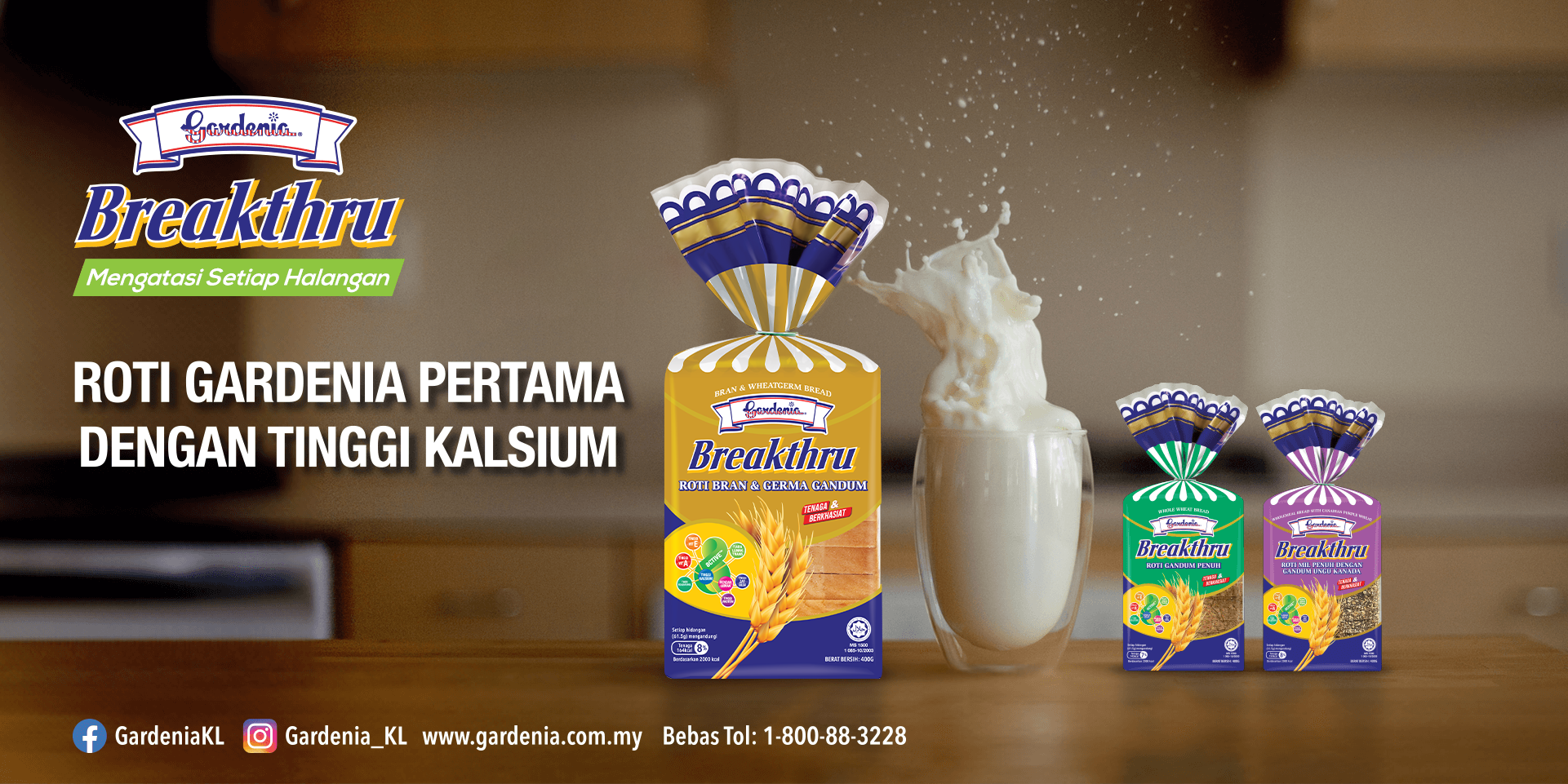KUALA LUMPUR: Prime Minister Datuk Seri Najib Tun Razak shopped for some essential items at the Kota Damansara Giant hypermarket as he observed the implementation of the Goods and Services Tax (GST) and its impact on consumer goods.
“I noticed that the prices of goods here are reasonable and the essential goods are zero-rated as set by the Government,” he wrote in a post on his Facebook account yesterday.
Najib arrived at the hypermarket at 4.50pm, picked up a shopping basket and took several products from the shelves, such as toothpaste and chocolate drink.
He uploaded five photographs onto the Facebook account, among them of him buying products, showing a receipt and posing for photographs and exchanging greetings with shoppers.
Earlier, speaking after launching the World Halal Summit 2015, Najib said the GST came with a package of other tax reductions and incentives so as not to burden the people.
Describing it as the most complex and multi-layered GST imposed in the world, he said it came with a lower personal and corporate taxes. For 2015, personal tax is reduced between 1% and 3% while corporate tax is brought down to 24%.
He said the Government had also announced a higher amount of financial aid to be distributed under BR1M.
“While we implement the GST, there are some 4,000 items that are exempted or have zero-rated tax. We designed it as such so that people are not burdened and to ensure a soft landing for them to accept and embrace the GST,” he said.
He also pointed out that no GST would be applied on exported goods and services and Malaysian firms would benefit from a lower cost of doing business by recovering any input taxes.
On the halal industry, the Prime Minister said it has a very good potential with the Muslim population estimated to reach 2.2 billion in 2030.
The halal economy is currently estimated to be worth US$2.3 trillion (RM8.5 trillion), he said, adding that the growing halal industry was particularly relevant for Asean, home to 62% of the world’s Muslim population.







No comments:
Post a Comment